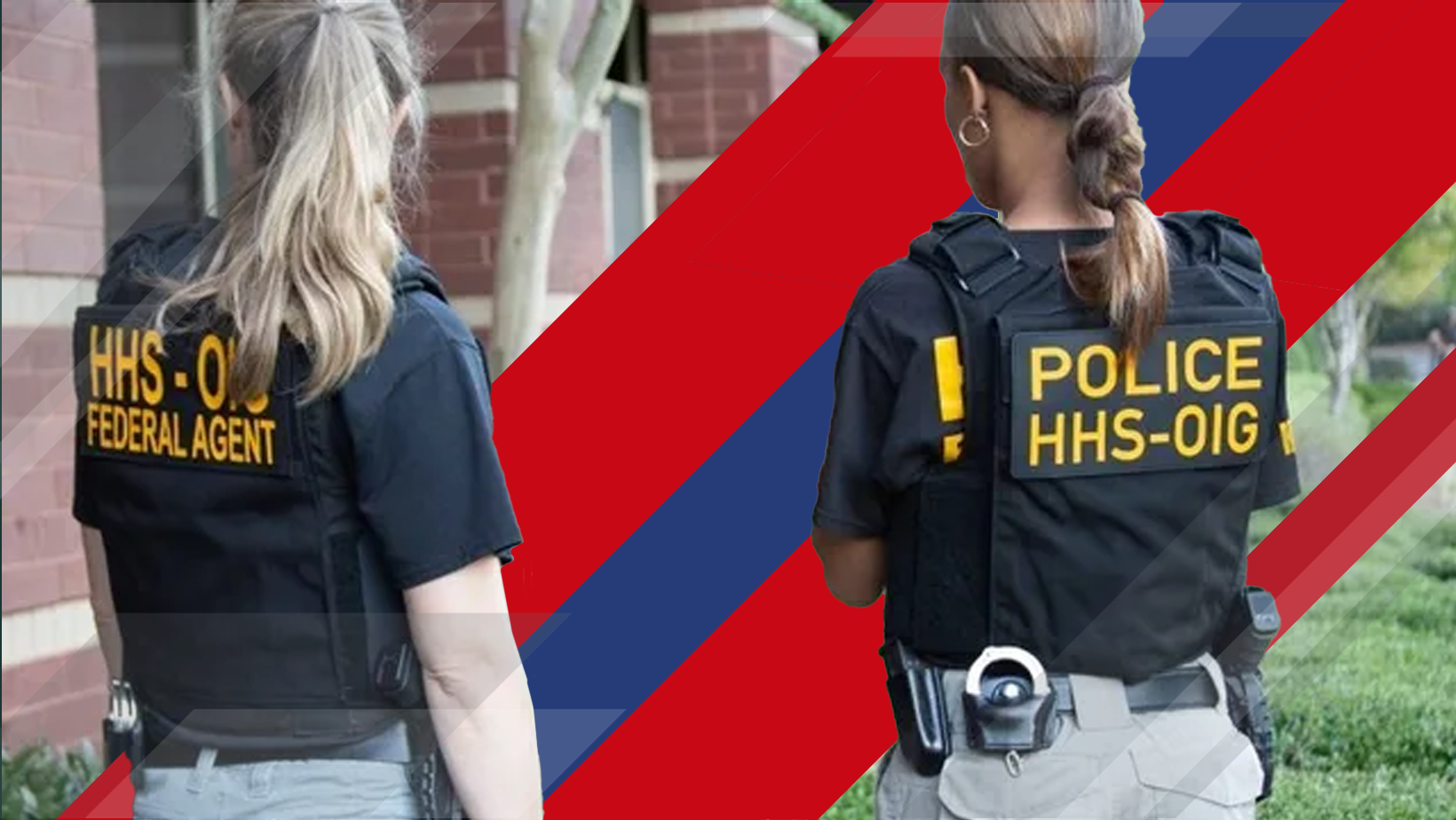Healthcare Fraud Crackdowns Accelerate as DOJ Supercharges Strike Force Reaction
DOJ Expands New England Strike Force, Raising the Stakes for Healthcare Fraud Enforcement
The U.S. Department of Justice has widened the reach of its Health Care Fraud Unit’s New England Strike Force to include the District of Massachusetts. For insurers and stakeholders across the healthcare ecosystem, this development signals a stronger, more coordinated front against fraud, waste, and abuse. It also underscores a message the industry can no longer ignore: enforcement is accelerating, and compliance expectations are rising.
A Strategic Expansion Into a High-Risk, High-Activity District
Massachusetts has long been a focal point for complex healthcare fraud cases. The region’s concentration of pharmaceutical companies, life sciences organizations, medical device manufacturers, and academic medical centers creates a dense landscape of regulatory exposure. Federal prosecutors in the district have historically pursued cases involving the False Claims Act, Anti-Kickback Statute violations, Medicare and Medicaid fraud, illegal prescriptions, and money laundering.
Now, with the Strike Force’s formal expansion, the DOJ is moving to unify and intensify these enforcement efforts.
“The expansion strengthens our ability to protect patients, taxpayers, and the integrity of federal healthcare programs.”
Attributed to DOJ leadership
What Makes the Strike Force Different
Created in 2022 to focus on Maine, New Hampshire, and Vermont, the Strike Force blends advanced data analytics with the traditional investigative horsepower of partnerships across multiple agencies. The inclusion of Massachusetts adds both complexity and capability to an already agile enforcement unit.
One key component of the Strike Force model
-
Advanced data analytics paired with traditional investigative methods
-
Interagency collaboration involving the FBI, HHS OIG, FDA, DEA, and state partners
-
Centralized coordination to identify and disrupt fraud schemes faster
-
Increased scrutiny on corporate actors in healthcare and life sciences
This approach has already produced notable results. Troy Health, Inc. entered a non-prosecution agreement and will pay $1.43 million after enrolling ineligible Medicare Advantage members using AI and automation. Kimberly-Clark Corporation agreed to a $40 million resolution related to adulterated surgical gowns. Both cases demonstrate the DOJ’s commitment to leveraging data to spot irregularities before they balloon into industry-wide problems.
What This Means for Insurers
For insurers operating in New England or with national footprints touching Massachusetts-based providers or manufacturers, the message is clear. Fraud detection and compliance infrastructures must keep pace with the DOJ’s modernized tactics. The Strike Force’s data-driven strategy is filtering through every segment of the healthcare and life sciences markets, and insurers are uniquely positioned to identify emerging patterns in claims activity.
“Organizations need mature, adaptive compliance programs now more than ever.”
Commentary often echoed by healthcare law experts
Trends to Watch: Increased Collaboration, Increased Accountability
The healthcare sector should expect tighter coordination between federal agencies, deeper use of predictive analytics, and broader scrutiny of corporate misconduct. Enforcement will likely focus on:
-
Medicare Advantage risk-adjustment fraud
-
Kickback arrangements involving digital health and data-driven tools
-
Misbranding and adulteration issues in medical devices and pharmaceuticals
-
Telehealth-related fraud and automated enrollment schemes
For insurers, this environment elevates both opportunity and obligation. Enhanced fraud detection capability can lead to better loss mitigation. At the same time, carriers must ensure their vendor networks, clinical partners, and internal systems withstand the heightened regulatory expectations that accompany a more sophisticated DOJ.
The Bottom Line for the Insurance Industry
The Strike Force expansion marks a deliberate escalation in national healthcare fraud enforcement. Insurers can anticipate more coordinated investigations, faster analytics-based targeting, and higher stakes for actors across the healthcare supply chain. Those with proactive compliance cultures and strong fraud analytics will be best positioned to navigate the shift. Those without may find themselves caught in the DOJ’s widening net.
For an industry that sits at the intersection of healthcare delivery and regulatory oversight, this is a moment to reassess internal controls, strengthen collaboration with federal partners, and prepare for a regulatory environment that shows no signs of slowing.


